Professor Soumitra Dutta - Oxford University (UK) talks about VinFuture's role in promoting global science and technology.
Professor Soumitra Dutta - Director and Dean of Saïd Business School, Oxford University (UK), and member of the VinFuture Prize Council, shared about VinFuture's role in promoting global science and technology.
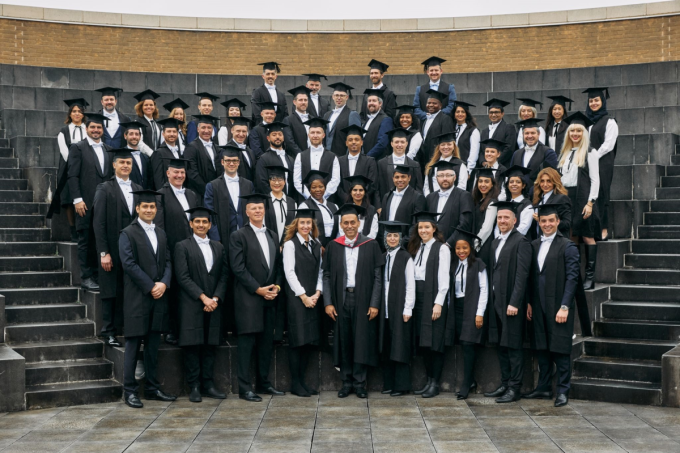
Professor Soumitra Dutta (center) poses with a group of Executive MBA students at Saïd Business School. Photo: NVCC
- What do you think about the role of global awards like VinFuture? How do such awards inspire more young people to pursue a career in science?
- In my opinion, the awards have two main purposes: to honor and to inspire. Those who have achieved success through persistent work, continuous effort and dedication deserve to be recognized. VinFuture has created inspirational role models, so that experts and students will follow the example of the pioneers.
People learn by following the example of others and we are also inspired by their successes. Therefore, awards are not only to recognize the success of today's generation but more importantly to inspire the next generation to follow in their footsteps and do even better.
- Interdisciplinary research and collaboration to promote innovation, towards solving human challenges. How can the VinFuture Prize contribute to this process, according to the professor?
- Tackling major challenges requires a holistic and systematic approach that integrates multiple perspectives from different disciplines. A single-disciplinary approach is not enough. Almost all important problems require multidisciplinary collaboration.
However, implementing multi-dimensional, comprehensive and systematic approaches is also a challenge. I understand the importance of pushing boundaries. Global prizes like VinFuture can help promote cross-disciplinary collaboration and help people realize the importance of such collaboration.
- Talking about global challenges, according to you, what are the major problems that developing countries face and what can be the solutions?
- Developing countries face a myriad of challenges, many of which are similar. On the one hand, they need to grow their economies and create wealth to improve the lives of their people. On the other hand, they must do so in a responsible and sustainable manner. This requires appropriate institutional frameworks, rules and governance, and social systems.
Therefore, global prizes like VinFuture will stimulate investment in science and technology. However, investment in science and technology is very expensive, requiring a strong commitment of talent and resources in the process of building a leading advanced science and technology foundation.
Developing countries tend to focus more on market-pull solutions, using existing technologies and combining them in a way that makes sense for implementation in the current market context. This is called “frugal innovation,” which is not fundamentally based on new technologies. Instead, it leverages existing technologies, deploys them at affordable prices, and fits the local market.
However, emerging countries need to invest more in deep science, deep technology and the next wave of digital technology to benefit from future innovations. If they fail, they will fall behind, the gap will widen and become harder to close.
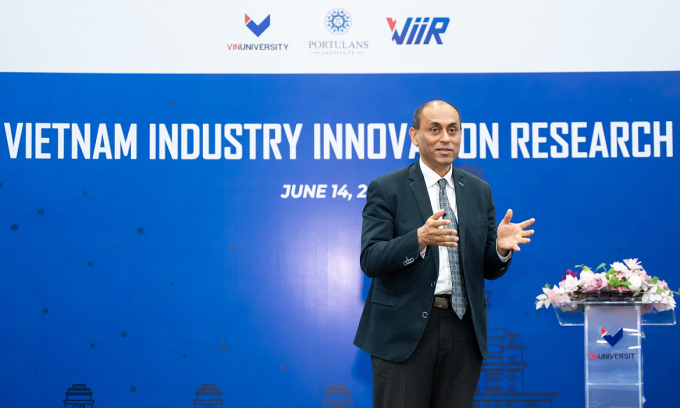
Professor Soumitra Dutta at an event. Photo: VinUni
- What do you expect prizes like VinFuture to do in investing in scientific research and innovation, thereby contributing to solving challenges in developing countries?
- The VinFuture Prize and similar prizes are important because they recognize the importance of scientific and technological revolutions in emerging markets. Most major science prizes are awarded in developed economies. Therefore, a global prize of great value coming from Vietnam – an emerging economy – is very meaningful. This demonstrates to the world that emerging economies are equal partners in the innovation game.
I hope the VinFuture Prize will motivate and inspire inventors and scientists in emerging markets. I also believe that it will enhance the status and importance of emerging markets in global innovation, encouraging scientists in developing countries to create the next generation of technology and new innovative solutions.
Yen Chi
Soumitra Dutta is currently Professor of Management and Dean of the Saïd Business School, University of Oxford - the school that has been ranked first in the Times Higher Education's list of "Best Universities in the World" for many consecutive years since 2016.
He is the founder and co-editor of 14 annual reports of the Global Innovation Index published in conjunction with the World Intellectual Property Organization (WIPO). Professor Dutta has co-edited 16 annual Global Information Technology Reports for the World Economic Forum (WEF) on the impact of information technology on national development and competitiveness.
Source link


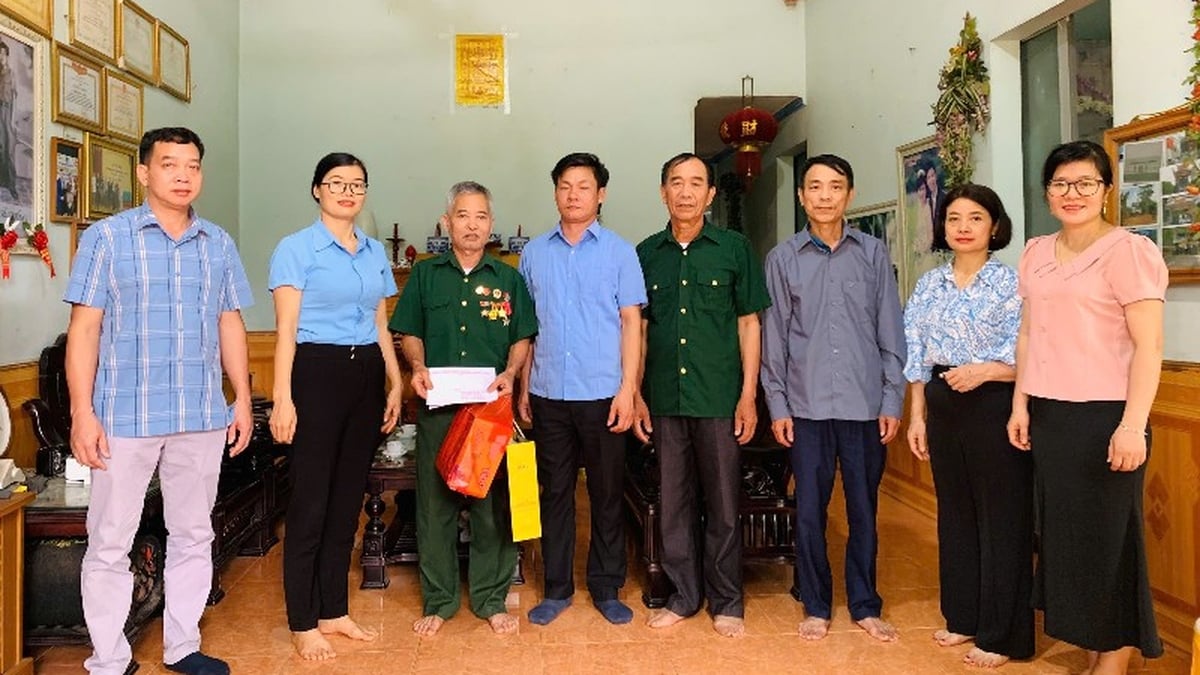




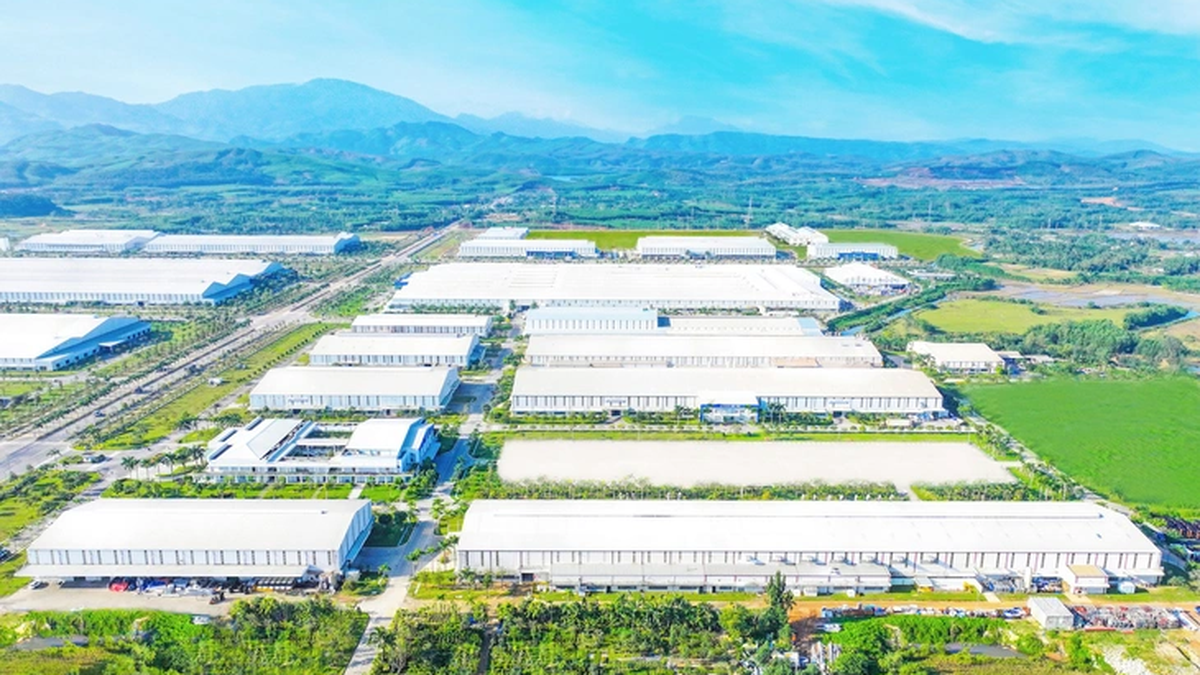
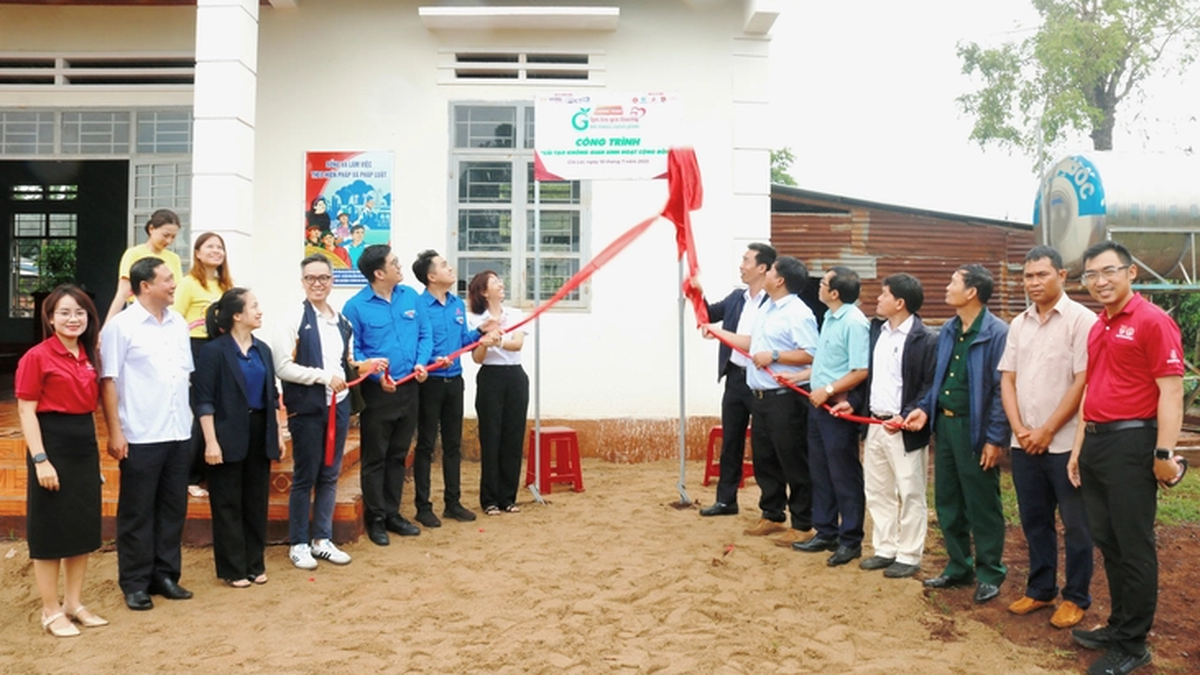
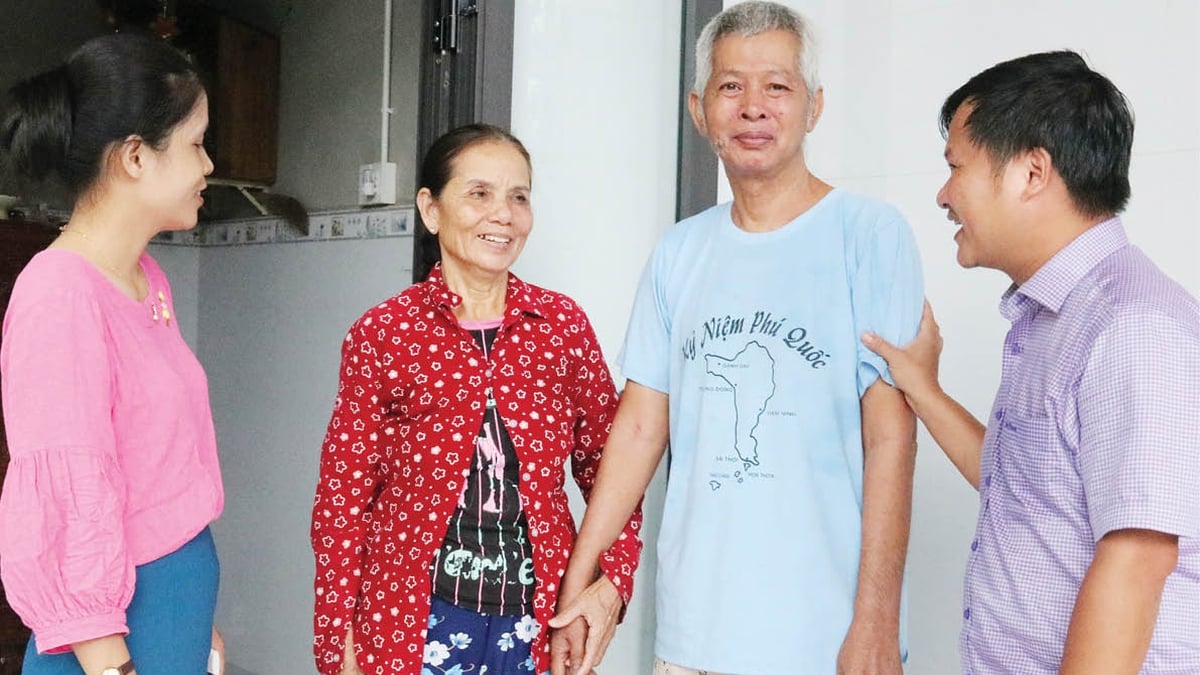
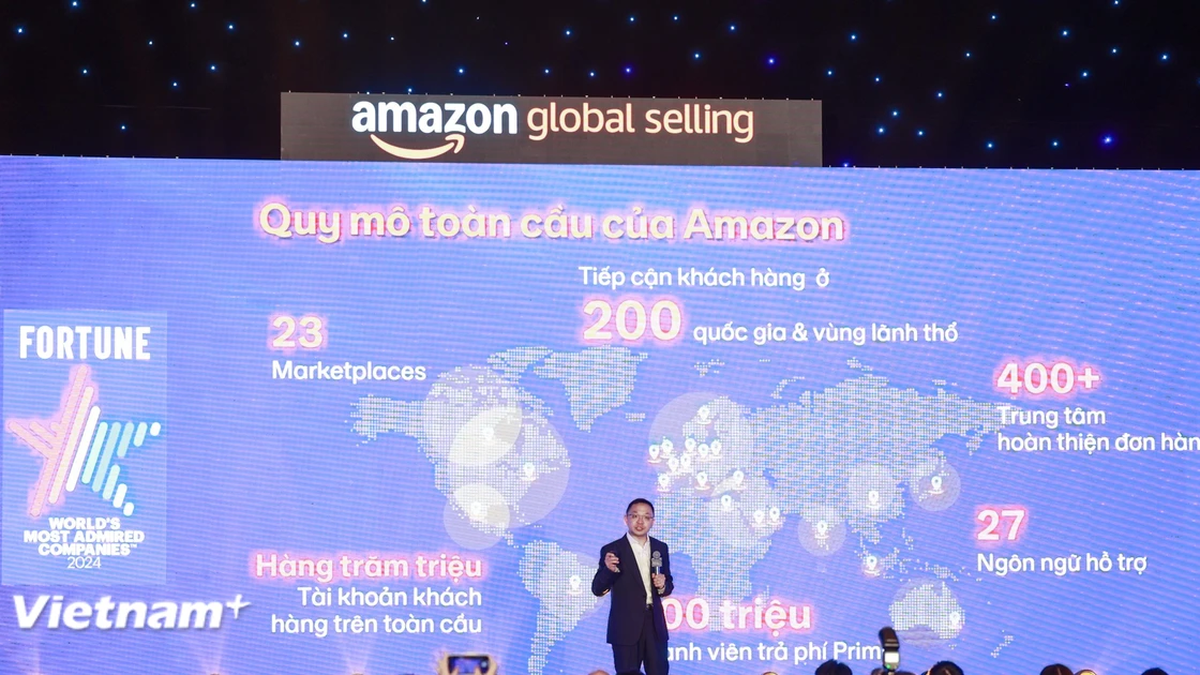
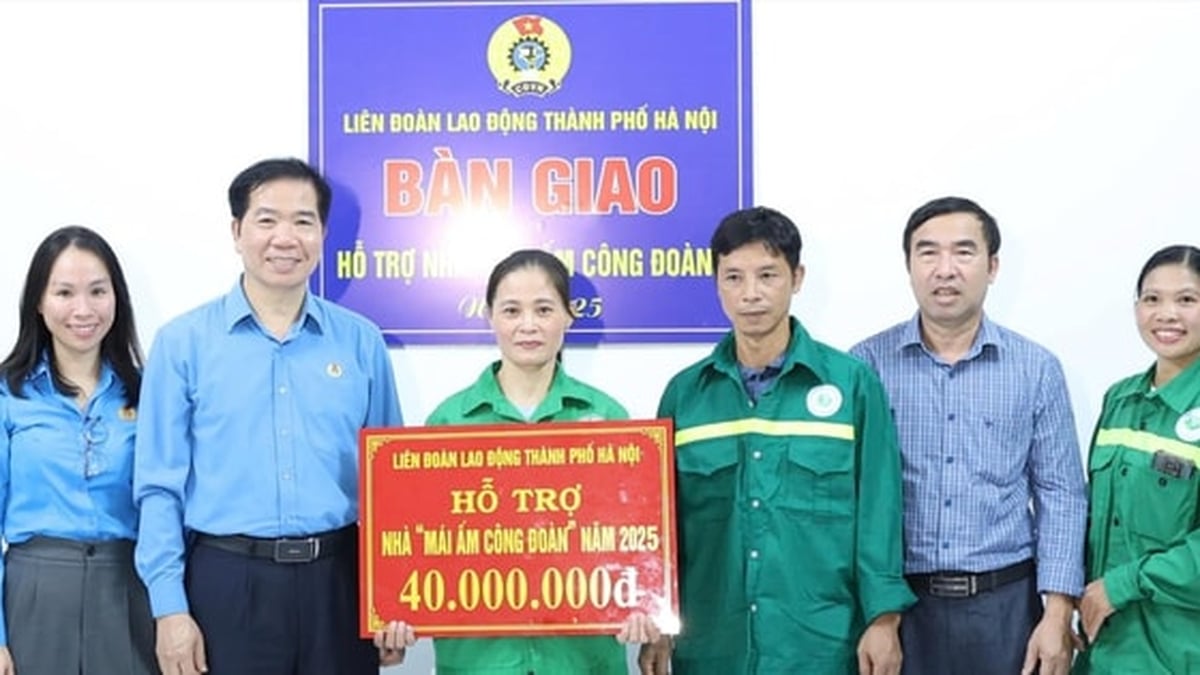
























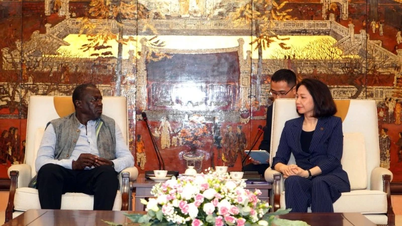




















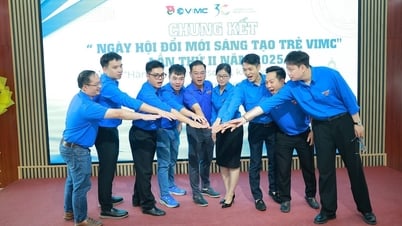









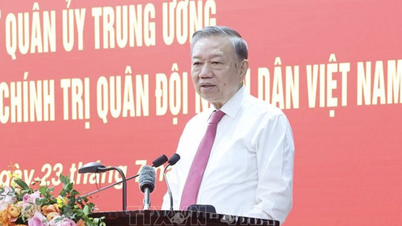








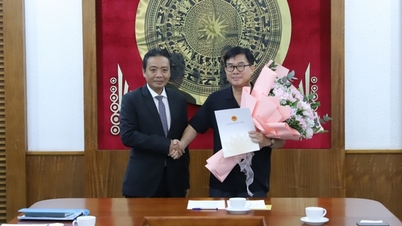

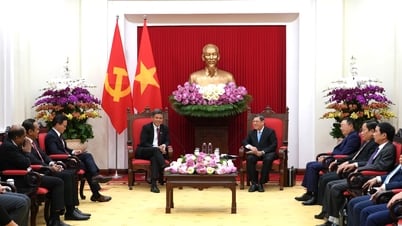

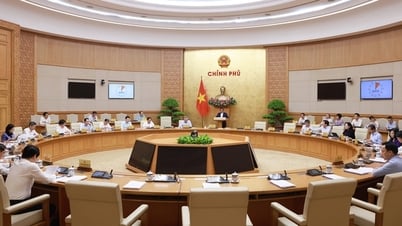






















Comment (0)